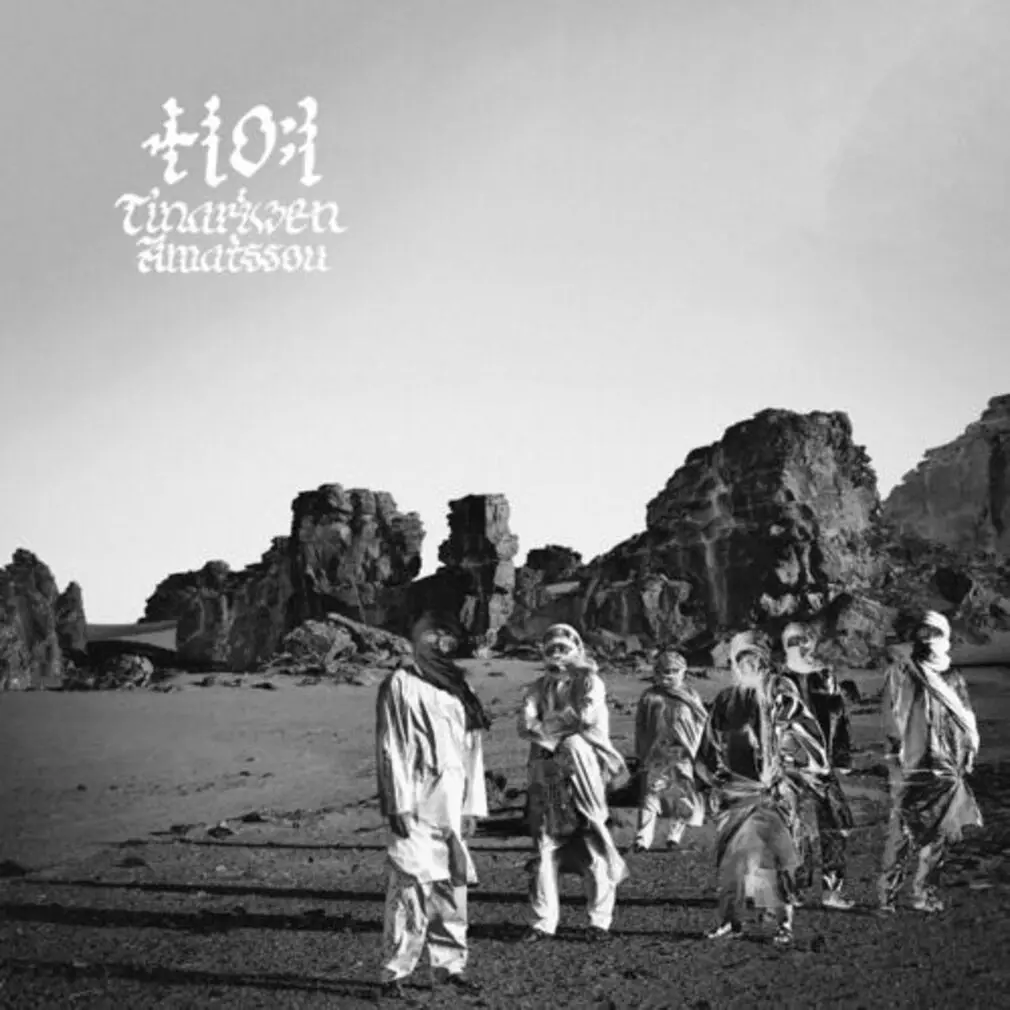
Amatassou
Tinariwen
The emblematic Tuareg band, celebrated by the world’s greatest artists, continues to sing the desert blues. 20 years after The Radio Tisdas Sessions, Tinariwen continues to spread Touareg culture and music. A new album entitled Amatssou – “beyond fear” in Tamasheq. A title chosen by the band to speak of the growing fear in the desert of Mali linked to armed conflict, interferences and dwindling resources. Tinariwen’s music has always been imbued with nostalgia, but also with the kind of resistance that lies at the heart of the band’s creation. This album still vibrates with the group’s own folk rock, but it is hybridized with another genre, that of the plains of the American West. An alliance that comes as no surprise when you consider the band’s love of country music, as Abdallah Ag Alhousseini, one of the group’s founding members, confided to us, “Of all music, country is the closest to the spirit of our own. It’s music that speaks to the soul, just like ours.” Nashville banjos and pedal steel guitars are added to the guitar lines to produce Amatssou. A sublime album that carries the spirit of a culture on the verge of extinction.
Listen here.
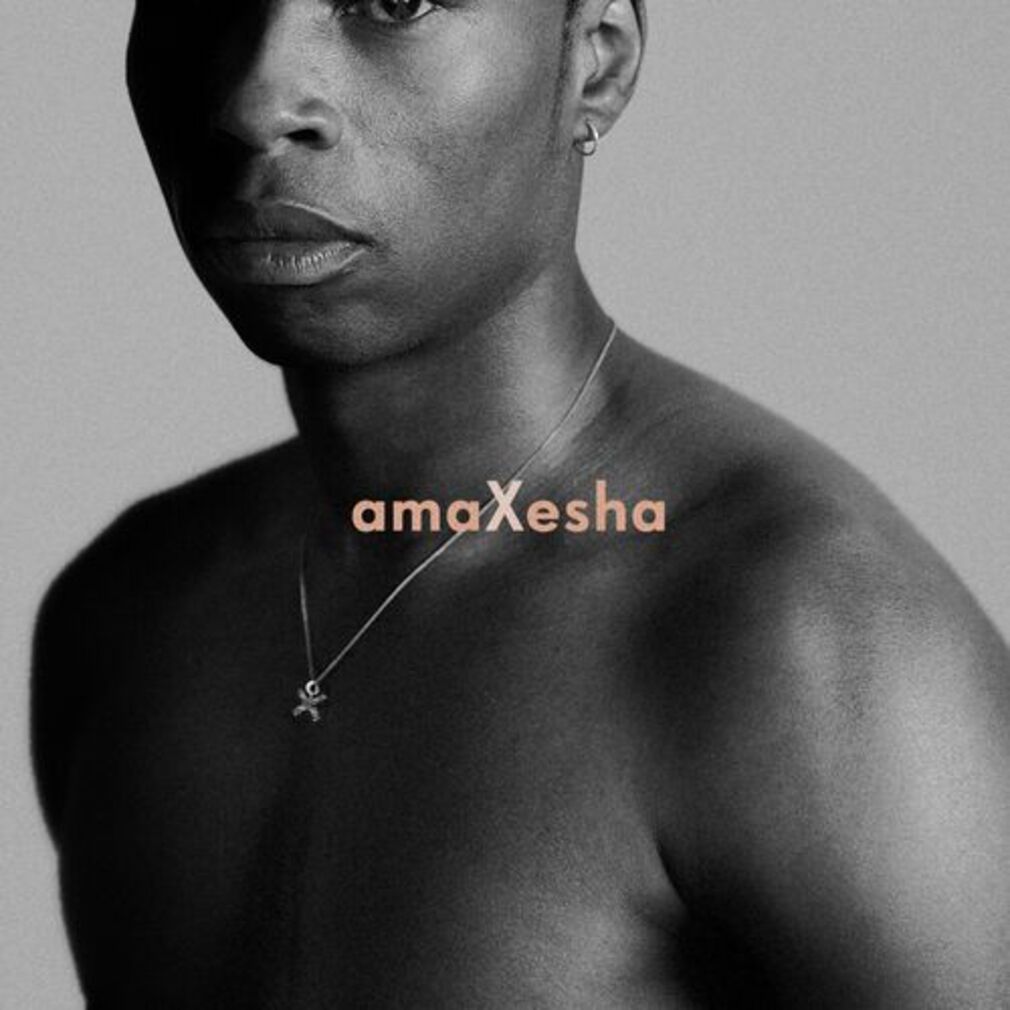
AmaXesha
Bongeziwe Mabandla
After a poignant Colors with the single “Sisahleleleni (i)”, Bongeziwe Mabandla finally releases his long-awaited album AmaXesha. The album takes a different trajectory from the previous three which featured Bongeziwe’s voice over a simple acoustic guitar. A change not unrelated to the participation of instrumentalist and producer Tiago Correia-Paulo on amaXesha. The South African artist honors his country and its cultural heritage, singing in Xhosa and drawing on the Xhosa folk he grew up with in Tsolo (in South Africa’s Eastern Cape province), but adding pop, jazz, R&B, jazz and even electronic influences. It’s an album that delves into the ties that bind us to each other – family, friends, lovers – all edged by organic, percussive productions. These themes have always been at the heart of the artist’s work, as he explained in an interview with PAM. Bongeziwe’s album is based on his desire to assert a culture that has long been erased, a struggle he sings with brio.
Listen here.
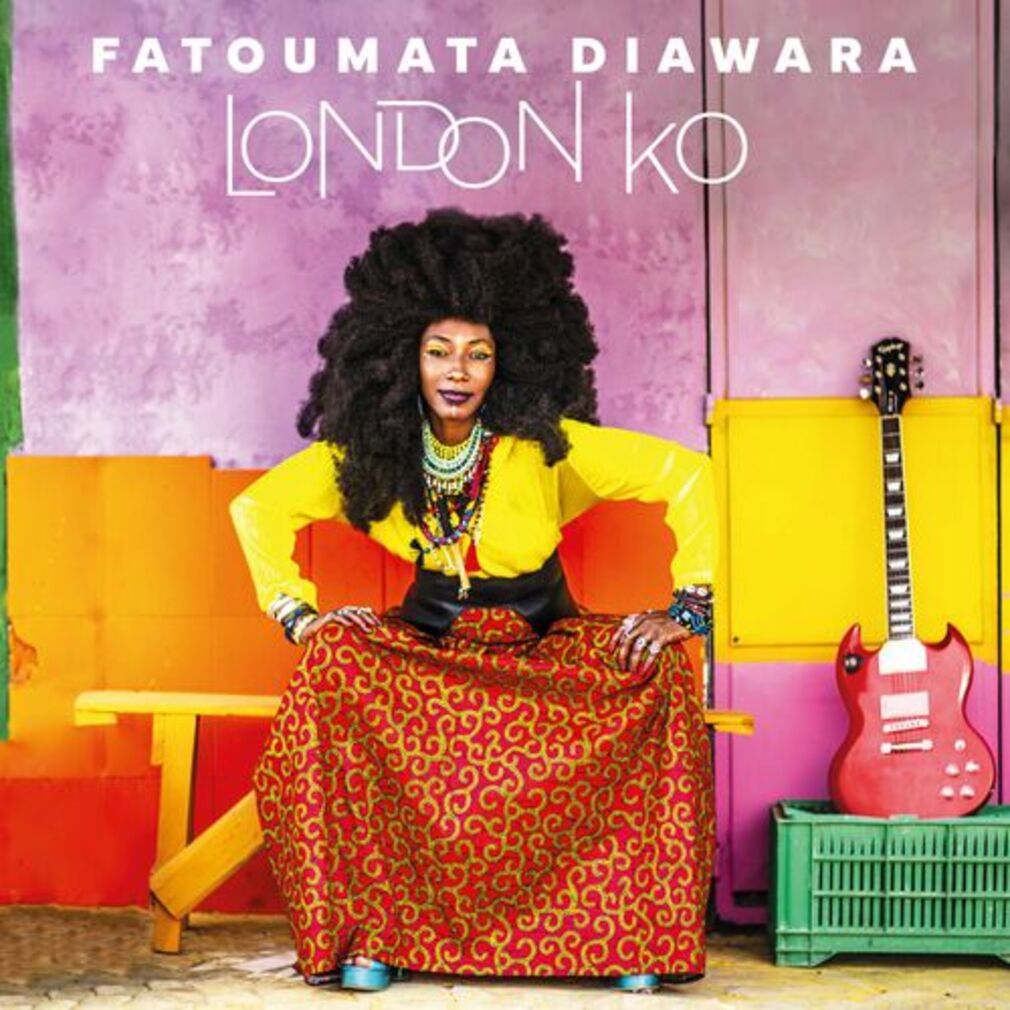
London Ko
Fatoumata Diawara
London, Bamako and a little detour to Paris. This is what Fatoumata Diawara offers us with her new album London Ko, a title that seems logical for this artist who grew up in Bamako and for this album produced in collaboration with English artist Damon Albarn. But the talented Malian singer has been joined by a host of other talents: Cuban pianist Roberto Fonseca, Nigerian artist Yemi Alade, Ghanaian rapper M.anifest and many others have all contributed to the album. The result? A multicultural jewel where traditional Malian music shines through while remaining rooted in pop. Between jazz, Afrobeat and electro, Fatoumata Diawara dazzles on all fronts and confirms, if proof were needed, her talent in all fields.
Listen here.

Mádibá
Blick Bassy
Back after 4 years, the Cameroonian artist marks his return with a militant ballad. Mádibá, “water” in Douala, is the name and central theme of Blick Bassy’s new album. In this album, the artist embodies all kinds of life forms to depict the ecological emergency we are living through. Part animal, part spirit, he slips into each role with perfection, plunging us into the heart of a universe of duality where urgency and serenity coexist. The artist refuses to accept the myth of the African artist confined to traditional music, and offers us an album of sublime modernity. Blues melodies are carried by the lulling sweetness of his voice. Synthesizers and electronic productions accompany the activist’s folk guitar, immersing us beautifully in this call for help.
Listen here.
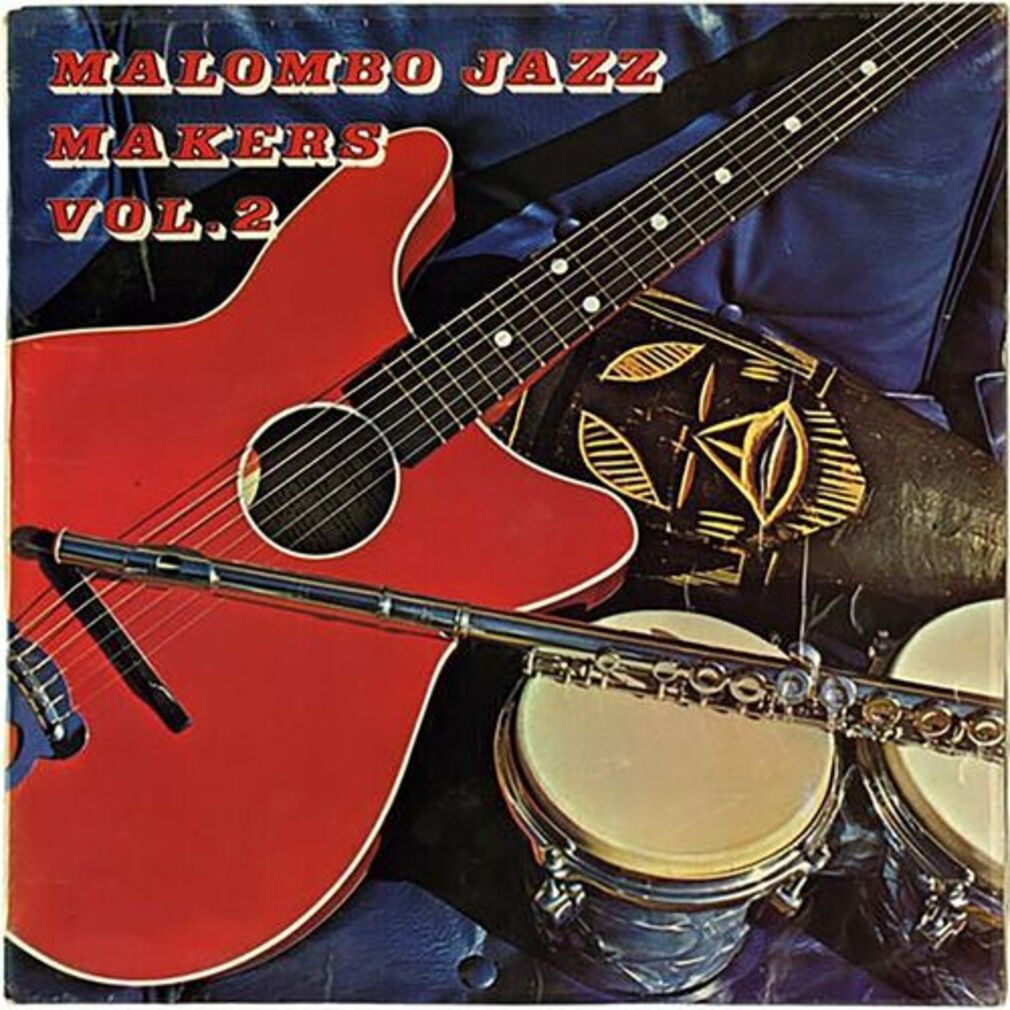
Malombo Jazz Makers, Vol 2
Malombo Jazz Makers
The Strut Record label is behind the reissue of two albums by Malombo Jazz Makers, two major works by the openly anti-apartheid South African band. The group began as Malombo Jazz Men, with Julian Bahula on Malombo drums, Abbey Cindi on flute and Philip Tabane on guitar. Fusing traditional and improvised rhythms with jazz, Malombo became one of the first South African bands to fully link jazz with African traditions. Tabane stopped touring regularly and was replaced by guitarist Lucas “Lucky” Rankuet, another Mamelodi talent. The group will be renamed Malombo Jazz Makers. Immerse yourself in the band’s music, intimately linked to South African history. Their Malombo drums give birth to a new jazz fusion in which guitar and flute play a key role. Discover or rediscover Malompo Jazz and Malombo Jazz Makers, Vol 2, with a bonus interview with Julian Bahula.
Listen here.
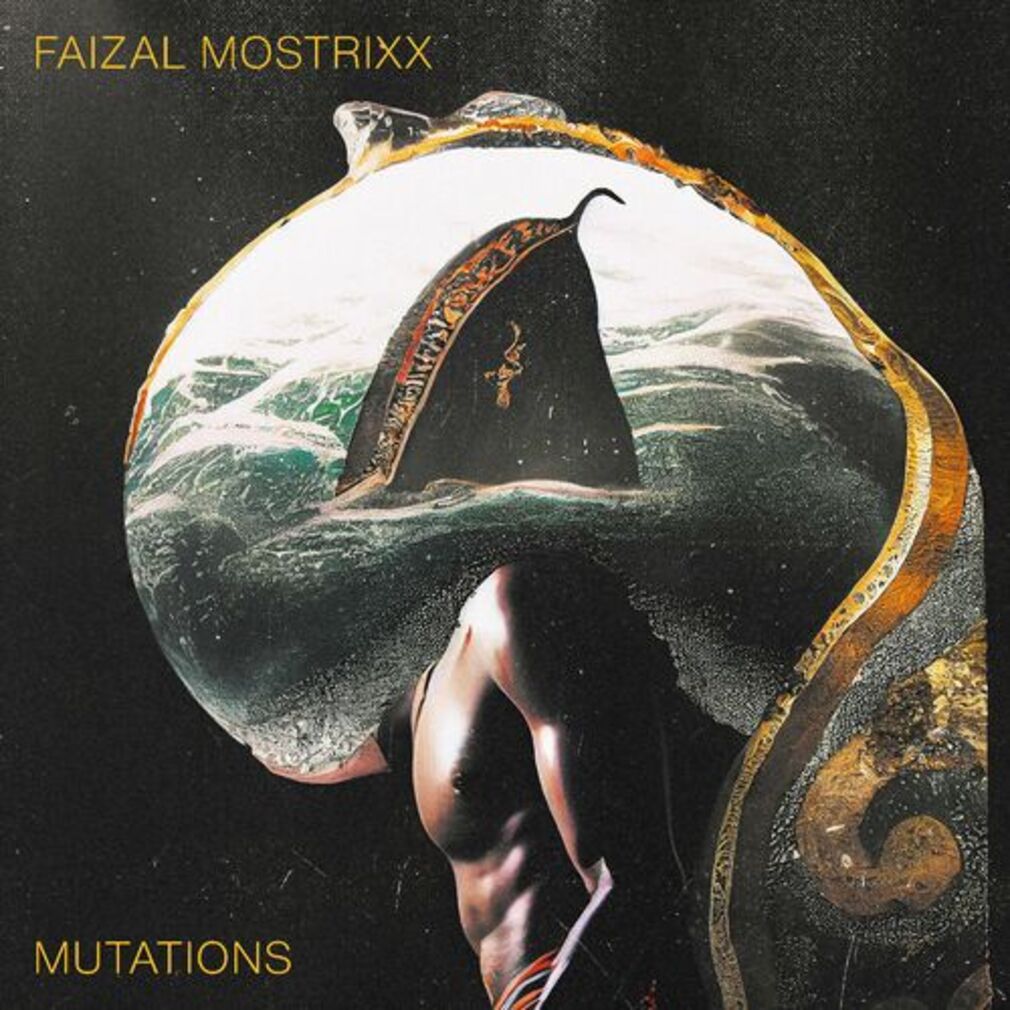
Mutations
Faizal Mostrixx
Kampala continues to show us that it’s brimming with talent of all kinds, and this time it’s with Faizal Mostrixx that Uganda shines. His album bridges the gap between tribal and electronic music, giving rise to what is known as “Afro-futurism”. For the choreographer-singer-producer, Afro-futurism is not just a musical rendering, but a state of mind, an exploration. Mutations evolves, from modern to traditional songs, from amapiano to experimental afro house, the album lives up to its name so perfectly as it never quite takes shape. A fine reflection of an already well-established experimental Ugandan scene. Ugandan musical heritage is at the forefront, but the album borrows polyrhythms from across the African continent, making Mutations an avant-garde, multi-sensory pan-African gem.
Listen here.

Nakibembe Embaire Group
Nakibembe Embaire Group
The Nakibembe xylophone troupe, originally from Uganda, is known for its songs and performances on a large ensemble instrument called the embaire. The embaire is a large wooden xylophone played by up to eight musicians simultaneously, weaving short melodic phrases. Ensemble members also sing in unison or in call-and-response, playing with other percussion instruments to maintain the tempo. On this debut album, the band, who have already performed at Berlin’s Berghain, offer us five tracks as an ensemble and three accompanied by Indonesian trio Gabber Modus Operandi. Percussive phases alternate with vocals sung in Lusoga (Bantu language spoken by the Soga population in Uganda), creating a cloud of harmony with an accelerating tempo at times evoking sounds that have infiltrated European experimental electro. The album seems to detach itself from any form of temporality in its incessant polyrhythm.
Listen here.

Ngo Ma
IzangoMa
IzangoMa was founded in 2016 by South Africans Sibusile Xaba (vocals/keyboards) and Ashley Kgabo (synths/snare drum/drum machine). By February 2021, the duo had grown into a sizable collective consisting of musicians from the vibrant community of artists based in Pretoria. By December that year, IzangoMa were ready to record their experiments. They decamped for a full week to KwaZulu-Natal, where Sibusile’s Mozambique band joined them. A few more members had come; the collective had grown into a fifteen-piece orchestra and they delivered the impressive Ngo Ma, a cosmic hybridization of harmonies, spiritual chants and electronic sounds mixed in a jumble. An experience that unbalances the senses while retaining a refreshing insouciance, set off on a musical trip with IzangoMa and their magnificent Ngo Ma.
Listen here.

The Coming of Gaze
Kabeaushé
Kenyan artist Kabeaushé, a gem discovered by the Nyege Nyege, unveiled The Coming of Gaze this month. “Futuristic pop” is a term often used to describe Kabeaushé’s music, and we can’t deny that his music seems far ahead of its time. The artist possesses a musical identity of monstrous strength, and opens the doors to it with this album. Although dominated by R&B and pop, this project doesn’t limit itself to any one genre or barrier: gospel-funk choirs, pitched rap and bouncy productions cohabit on The Coming of Gaze. Shé didn’t just think of his project as an album, but as a performance. You can glimpse the ocean of his influences, from Prince to Grace Jones to Tyler the Creator, but the final universe is uniquely that of Kabeaushé. “The Shé came to play” he told PAM, and this album confirms it.
Listen here.
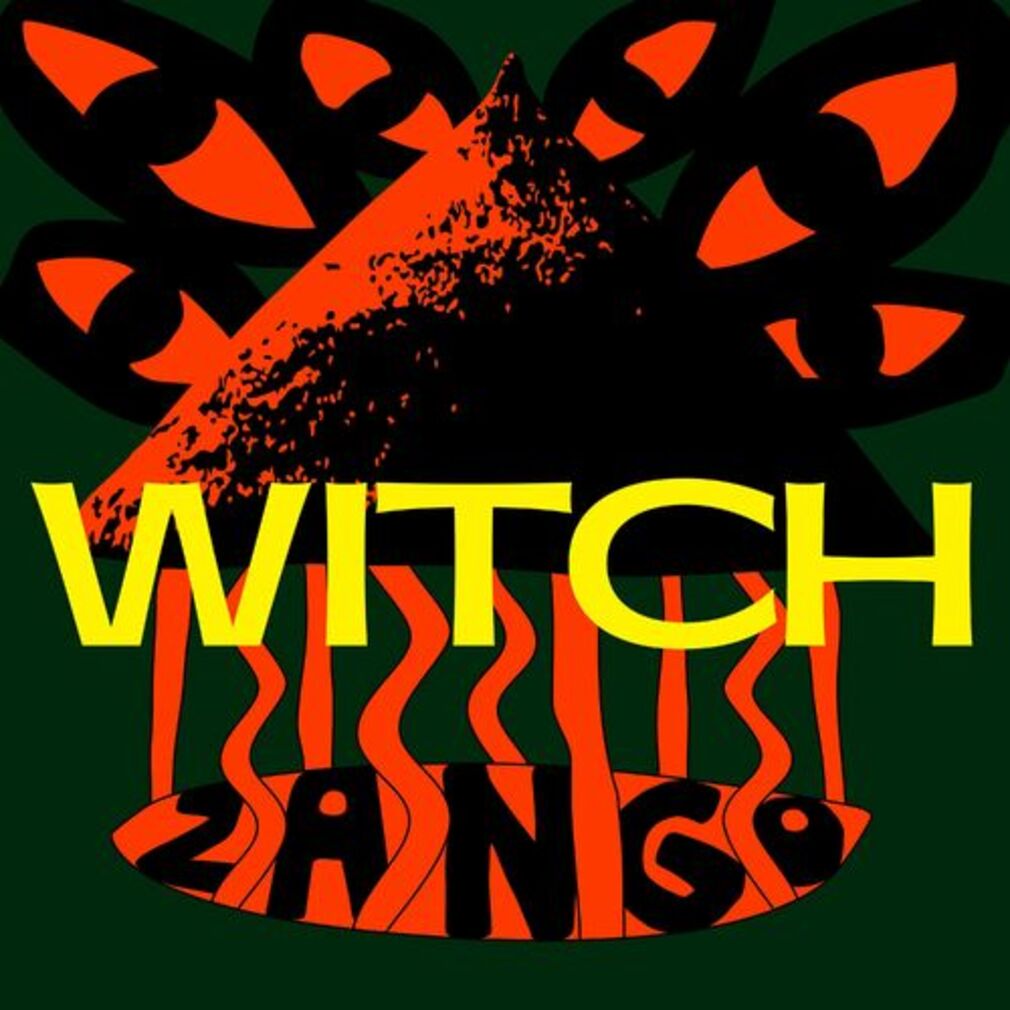
Zango
WITCH
After 40 years without a new musical release, Zambia’s most rock band is back with the vibrant Zango. An album that still breathes the air of their 70s zamrock, that purely Zambian genre at the crossroads of psychedelic rock, funk and traditional rhythms. WITCH – an acronym for We Intend To Cause Havoc – hadn’t released any music apart from a 2012 reissue of their entire catalog by Nov Again Records. Surprisingly, their music hasn’t aged a bit: Zango‘s garage-psych-rock tones take us away, and the band has produced an intergenerational album with guests from both old and new generations of artists. These include zamrock veterans such as Keith Kabwe of Armanaz, as well as new musical stalwarts such as Sampa the Great. You won’t be disappointed by the band’s psychedelic grooves.
Listen here.



